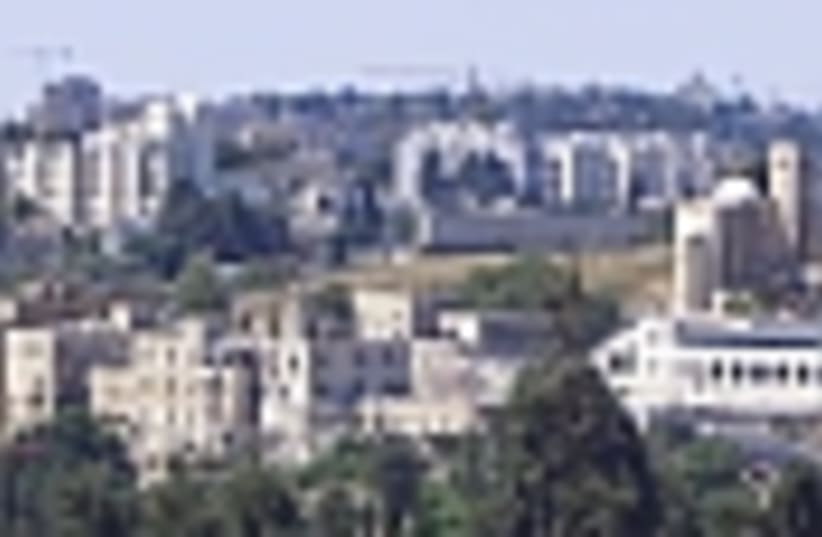| More about: | Uri Lupolianski, Moshe Safdie, Ehud Olmert, Yisrael Beiteinu |
Decision on Safdie plan postponed
Battle over J'lem's massive construction plan has environmentalists fuming.


| More about: | Uri Lupolianski, Moshe Safdie, Ehud Olmert, Yisrael Beiteinu |